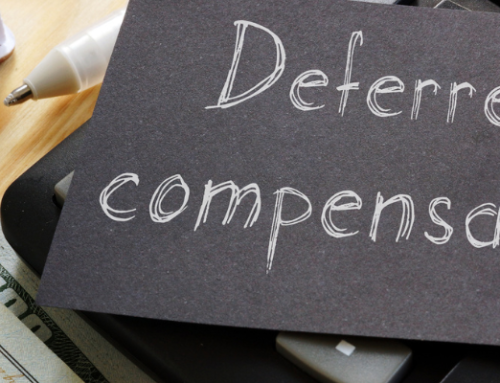Many Maryland businesses are getting caught by surprise by a recently enacted law that subjects digital products to sales tax. Digital products can include, movies, books, software, online training, and more, and it’s not always straightforward to determine what’s taxable. There’s an extension to file and pay various Maryland taxes in place due to COVID considerations, but with the new law already in effect, businesses need to examine their online sales now.
Expansion of Maryland Tax Code
HB 932, which imposes Maryland sales tax on digital products, officially went into effect on March 14, 2021 following a February veto override within state legislature. This law, though it is catching many businesses by surprise, has been in consideration for years. In 2014, the Comptroller of Maryland estimated that the state was losing $198.4 million in sales and use tax revenue from the sale of tangible goods by remote sellers. In the years since, online purchases have only increased.
Under the new law, a 6 percent sales and use tax is charged to digital goods.
Digital goods can be either a digital product or a digital code. Under Maryland law, these are defined as follows.
A digital product is:
Obtained electronically by the buyer or delivered by means other than tangible storage media
Using technology with electrical, digital, magnetic, wireless, optical, electromagnetic, or similar capabilities
A digital code is:
Obtained by any means, including in a tangible form (like a card) or through email, text, or messaging, and
Gives the buyer the right to obtain one or more digital products.
Gift certificates and gift cards do not qualify as digital codes if they can be used to purchase tangible items.
And while this new tax provision brings Maryland more in line with several other states, it does represent one of the most expansive interpretations of taxable digital goods.
Note that there has also been a veto override of a sales and use tax on digital advertising, which is separate from HB 932 but still may be surprising to many taxpayers. Digital advertising sales in Maryland of at least $100 million will be subject to a graduated tax rate. This is expected to face legal challenges.
Qualifying Digital Activities
This isn’t an all-inclusive list but is a good starting point for identifying applicable online sales.
- Book or e-book
- Newspaper or magazine, or any other publication
- Digital download of a song or audio clip, video, movie, live event, tutorial, etc
- Sale, subscription, or license to access online content or software
- Access to an online chat room or group
- Online class or seminar
- Video or other online games
- In-app purchases
- Audio or visual greeting cards
- Mailing lists
- Design files and templates
- Photos, artwork, illustrations, and other graphics
- Prerecorded or live music, speeches, performances, or of written materials (audio books)
There may still be gray areas to determine if a business is actually selling a digital product subject to the new tax, if the product is subject to state sales tax, or if the sale involves a non-taxable professional service. Companies will need to clearly define the product they’re selling. The following observations can be useful in making an initial decision.
- SaaS and software providers will generally be subject to the tax.
- Monthly satellite radio subscriptions will be taxable, but monthly satellite TV is not.
- If a transaction involves the sale of a digital product and a non-taxable service, the transaction will be considered subject to the sales tax.
- If delivery of a digital product is inconsequential to the transaction, tax would not apply.
- If the transaction is to a local, state, or federal government, tax would not apply.
Exempt organizations are still subject to the tax, though they can purchase digital products tax-free with a valid exemption certificate.
There are a few exceptions to paying the tax, such as if the person buying the digital product intends to resell it in the same form as it was purchased, or if the digital product is going to be incorporated into another digital product for resale.
Exclusions also apply if the digital product will be transferred in the form of a taxable service or if the digital product will be incorporated into a tangible physical product.
It is interesting to note that the same services, or content, if delivered in-person would not be subject to the tax, but if delivered digitally, are subject to sales tax.
Out of state vendors can become subject to the tax if their sales to Maryland-based purchasers exceeds $100,000 or 200 separate transactions. Maryland code is unclear if the limits apply to ALL sales into Maryland, or taxable sales only.
Takeaways
Businesses will need to identify which online transactions fall under the new tax law and start charging tax to their customers for applicable online purchases. Tax isn’t due right away; while the new provision goes into effect on March 14, 2021, Maryland has provided an extension for payment of most 2021 tax liabilities due between January 1 and July 14, 2021 until July 15, 2021.
Contact Lori Roberts, CPA, MSBA, CGMA and Team Leader of PBMares’ State and Local Taxation group for assistance with implementing the new Maryland law on digital products.





